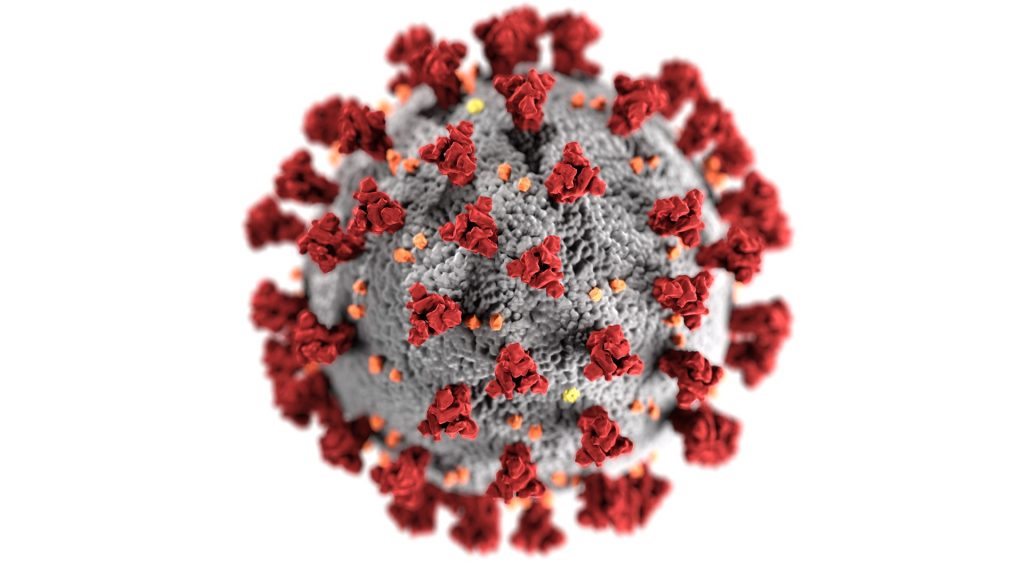As the world begins to adjust to the new travel restrictions in place after the COVID-19 virus pandemic, it’s important to be prepared for the next few years. Vaccine rates are on the rise. Many countries have already lifted travel restrictions and reopened their borders for international travelers. Health policies have also caused some to rethink their travel plans, particularly for overseas trips.
What Test Do You Need For Travel
The acronym PCR stands for a polymerase chain reaction. It’s a test that looks for genetic material from a particular creature, like a virus. If you have a virus at the time of the test, the test will detect its existence. Even if you are no longer sick, the test may reveal fragments of the virus.
Probably, many of you have questions about the transition from LFD to PCR for Day 2 testing. So, here are some of the most frequently asked questions, along with answers that may be useful to you.
- How Does The PCR Test Work?
Because the genetic information in the test is duplicated millions of times, London PCR testing may be able to identify the minor initial treatment. In diagnosing the frequencies of a patient, these frequencies can either be present (positive) or absent (negative). It is important to note that COVID-19’s genetic information forms Ribonucleic Acid (RNA) rather than Deoxyribonucleic Acid (DNA). DNA testing requires a transformation from the earlier to the latter to finish the analysis, which you can only do on DNA.
- When Should You Get Tested If You’re Going On A Trip?
Your airline or the country to which you are traveling will often provide you with flight windows. Because of the 48-hour period in which an antigen test is necessary, you must perform your swab within 48 hours before your travel. It’s advisable to double-check your trip’s requirements to ensure you don’t forget anything.
- What Makes London PCR Better Than Antigen Testing?
It is possible to use only one copy of the DNA under-investigated for detection purposes, as it has been magnified millions of times. For an antigen test to yield a positive result, the sample must contain tens of thousands of viral particles. The viral load must be high enough to register in the trial, leading to inaccurate results appropriately. Preventing false negatives of the viral infection in asymptomatic cases,
On the other hand, antigen-based tests are more prone to provide false-positive results. These changes may be caused by the binding of similar viral species instead of the SARS-CoV-2 virus. A false-positive test outcome can be a stressful and perhaps life-altering experience.
- What Are the Results Of A PCR Test?
There are three possible PCR test results, including the following:
- Negative: There is no evidence that you are currently infected with COVID-19.
- Positive: It has been determined that your sample contains the viral disease COVID-19. The authorities require you to have ten days of self-imposed isolation.
- Unclear: Occasionally, it may not determine whether or not you have the virus at the time of the test. If this happens, you’ll have to retake the test. All retests are provided at no cost to you.
- How Long Does It Take For A PCR Test To Detect A Virus?
Since the London PCR test is compelling, it can identify even the tiniest quantities of viruses. It indicates that even if you have healed from COVID-19 and are no longer susceptible, the test can still find SARS-CoV-2 viral pieces. As a result, if you had COVID-19 in the past, you may still test positive for SARS-CoV-2 even if you can no longer transmit the virus.
With immunocompromised patients, the long-term infection can arise where they continue to spread the virus for months at a time. Reinfection can also occur in healthy persons. Contact a healthcare physician immediately if you are testing positive for SARS-CoV-2 yet believe you have previously been cured of COVID-19.

Sophie writes about local history and community stories, emphasizing the people, places, and events that make towns special.


